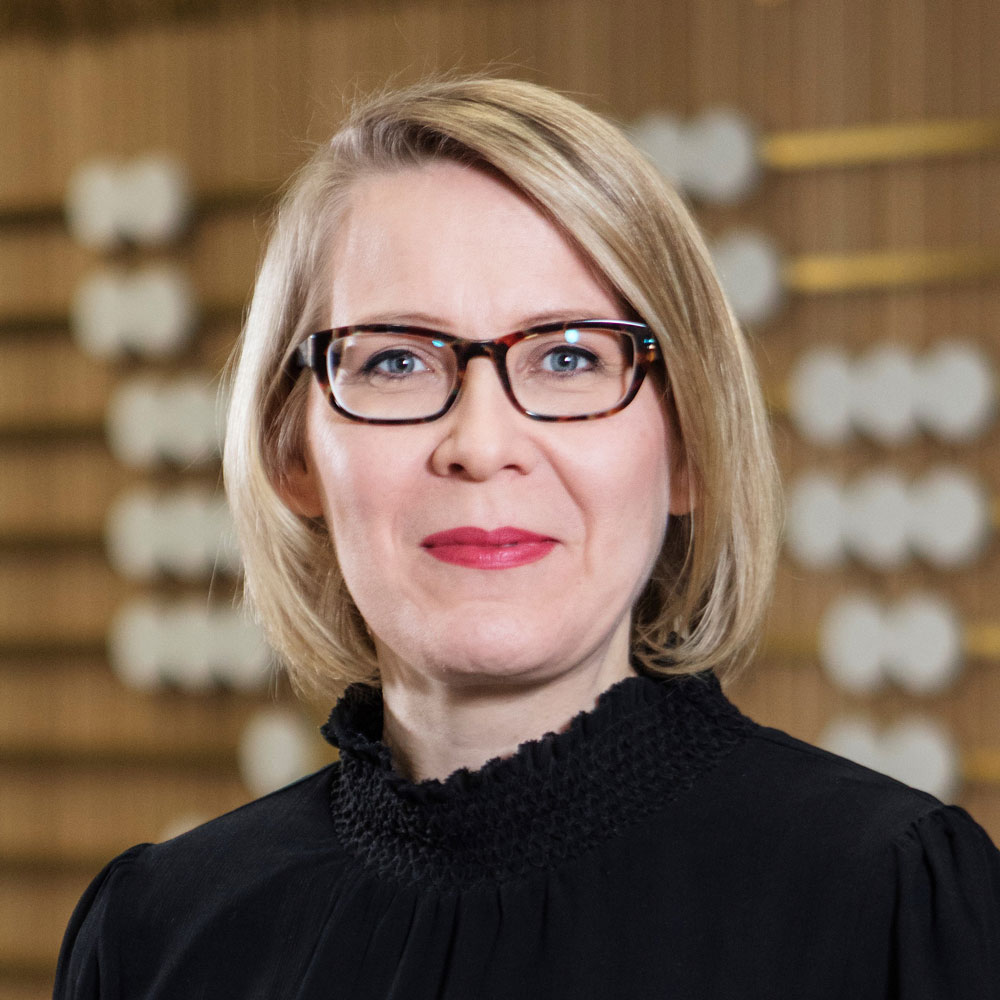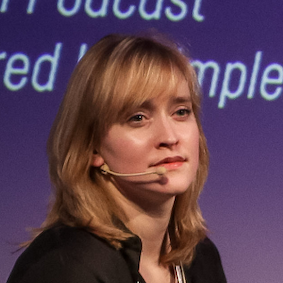INTEGRATING SOCIAL VALUE INTO BUSINESS GOALS: IMPACT INVESTING AS AN EMERGING MARKET CATEGORY
Department of Management Studies, Aalto University School of Business
Addressing the world’s most pressing social and environmental challenges is attracting growing attention as a management issue, and businesses face high expectations to help solve grand challenges such as climate change and social inequality. As one means of directing financial assets to economic activity that creates socially desirable outcomes, impact investing is emerging as an industry and a new market category. This research project explores from an organization and management studies perspective, how impact investing takes shape in the Nordics, as a novel investment approach. The project is funded by the Marcus Wallenberg Foundation during three years in 2020-2023.

“Profit is a condition – and a result of – achieving purposes”
Martin Wolf on Colin Mayer’s book “Prosperity”
Scope of the project
Impact investing refers to the intentional use of investment capital to achieve measurable social outcomes – along with financial returns from investment. The industry has gained significant momentum over the past decade. Impact investing gives rise to new practices and forms of organizing as different actors join this emerging asset class of social investment. Our investigation centers around the development of the impact investing ecosystem in the Nordics, addressing how new practices of assessing business goals emerge and spread among various members of the new market category.
Major topics of interest include:
– Changing norms and practices related to value assessment among private equity actors and other sectors
– The emergence of impact investing as a new market category and an industry in the Nordics
– Cross-sector collaboration through new impact investing models, such as social impact bonds
– Changing investment time horizons among impact investors and the relationship between valuation and the future
In addition, a broad, cross-cutting topic of interest in the project is understanding the role of impact investing in solving complex societal Grand Challenges






